Keywords: A Man On The Inside
-
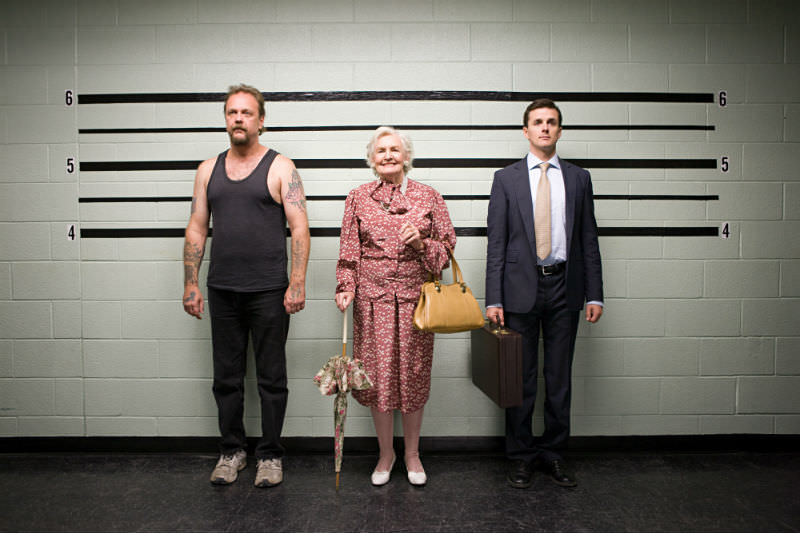
ENVIRONMENT
- Vivienne Cowburn
- 16 September 2019
7 Comments
From overly sheltered baby boomers to millennials too fatigued with the state of the world to care, the reality of climate change can be a lot to handle. Here's a snapshot of the people living with their heads in the sand, employing tactics including pessimism, cognitive dissonance and deflections to stay where they are.
READ MORE 
-
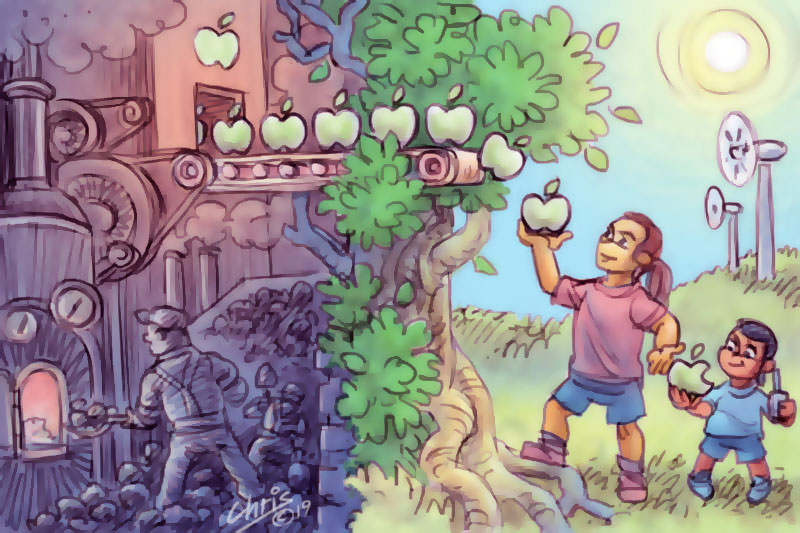
ENVIRONMENT
- Jacinta Bowler
- 16 September 2019
7 Comments
Whole industries have sprung up dedicated to help alleviate climate stress. Tote bags. Metal straws. Zara has announced 100 per cent of its fabrics will be sustainable by 2025 while Apple has said it plans to eventually stop mining. All of this looks great, but it doesn't help the underlying issue: We are still buying way too much stuff.
READ MORE 
-
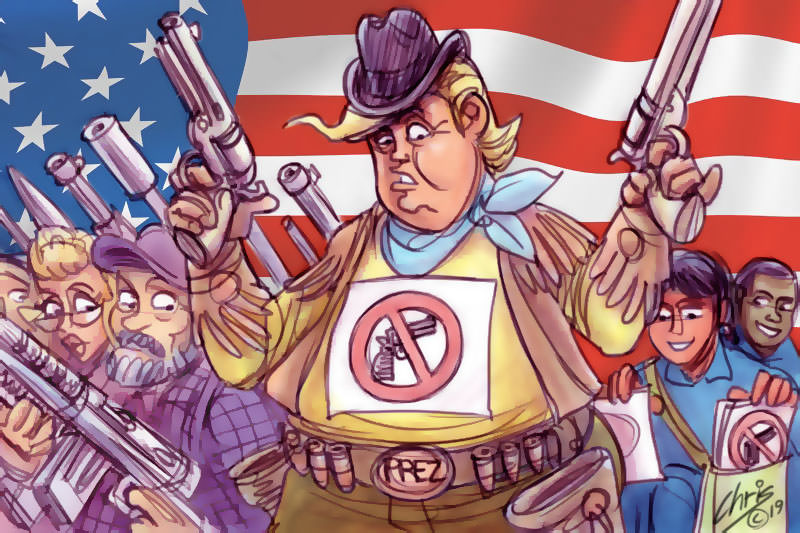
INTERNATIONAL
- Catherine Marshall
- 13 September 2019
3 Comments
The attack, and the travel advisories it prompted, was disquieting: I'd visited El Paso before, had driven from there all along the Mexican border to the remote artists' refuge of Marfa. Now I was about to embark on a journey through New Mexico, and onwards through a different part of Texas. I'd never relied on travel advisories before.
READ MORE 
-
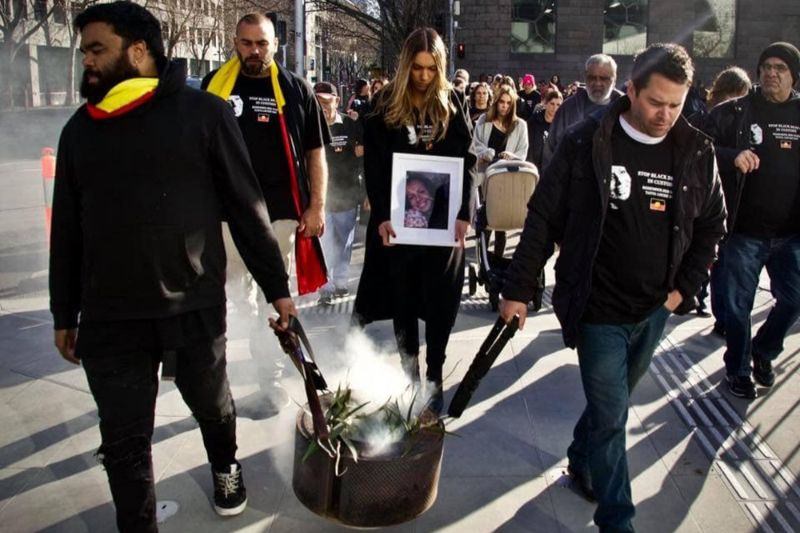
AUSTRALIA
- Celeste Liddle
- 07 September 2019
3 Comments
As an Aboriginal woman walking the streets at night, I am significantly more concerned about being brutalised by those charged to keep our streets safe — the police — than I am about any fellow lone wanderer on the streets. The case of Tanya Day and the response to it reinforced to me that my fears were well-founded.
READ MORE 
-
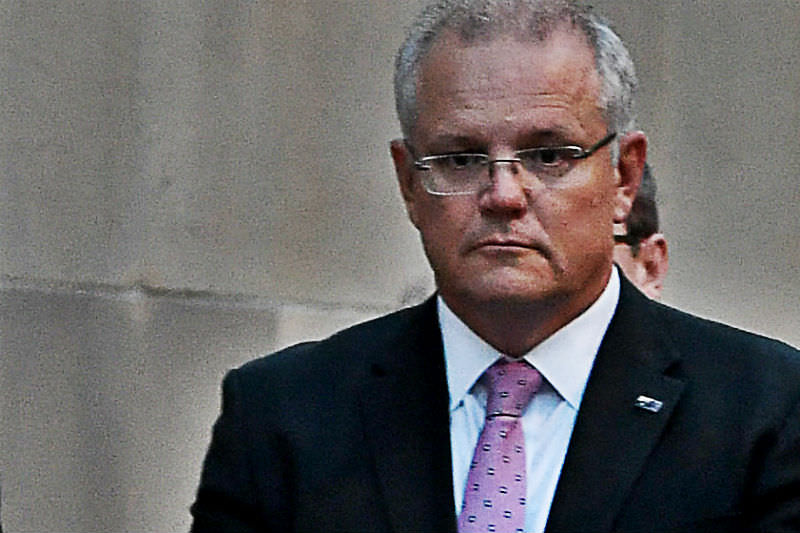
AUSTRALIA
- John Warhurst
- 26 August 2019
14 Comments
Regional and rural Australians possess many powerful voices. As well as having a political party of their own, the Nationals, they are represented by many powerful lobby groups. Language which seeks to privilege quiet over loud citizens has the effect of advantaging the strong over the weak and insiders over outsiders in our political life.
READ MORE 
-
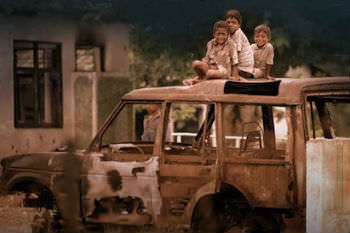
INTERNATIONAL
- Tammy Pemper
- 23 August 2019
3 Comments
I stood to continue on foot around the UN compound. I kept walking, ignoring the screaming, the shooting, the panic. Timorese looked to us. I needed to give them hope. I took motivation from them. More than that, I wanted to stay on my feet. I required time to respond and do what I could when the end came.
READ MORE 
-

AUSTRALIA
- Barry Gittins
- 19 July 2019
7 Comments
The regulations these guys have to abide by — the behavioural hoops they need to navigate — are designed to protect them, the volunteers and the property of the host churches. It is an ethical dilemma, the ceding of normally inviolate personal freedoms for the use of the facilities. I don't know how I would feel about it if I was in their shoes.
READ MORE 
-
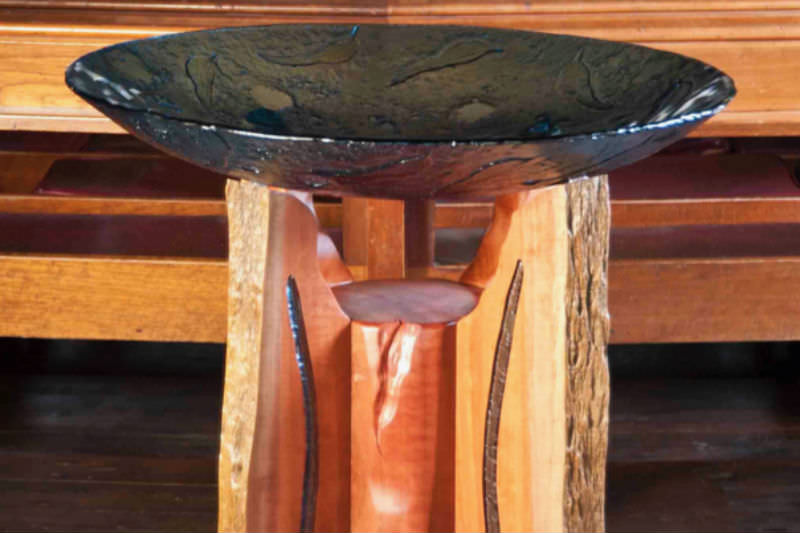
RELIGION
- Julie Perrin
- 16 July 2019
10 Comments
The first time Jack came to the church he baptised himself. The font was new, the water inviting, and he dunked his ten-year-old head right in. The font had recently been installed in the foyer on a sculpted piece of redgum. The brief for the designers was to make it accessible to all ages. They were delighted to hear of its instant appeal.
READ MORE 
-
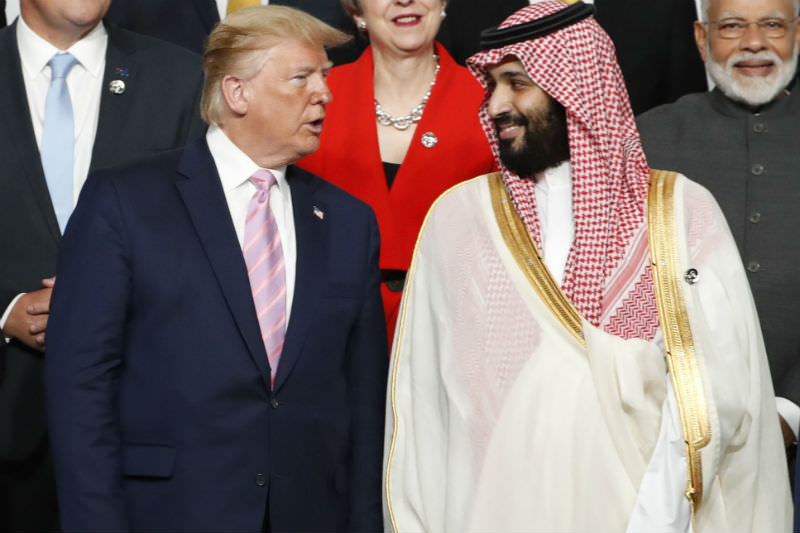
INTERNATIONAL
- Jeff Sparrow
- 08 July 2019
5 Comments
When discussing climate change, it's easy to depict the world's reliance on fossil fuels as primarily a technological problem, to be resolved by new methods for harnessing renewable energies. But that's only part of the story, as the example of Saudi Arabia shows.
READ MORE 
-
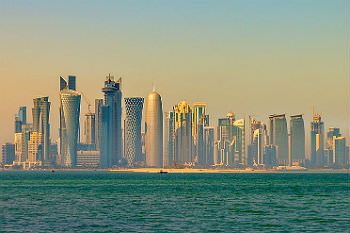
ARTS AND CULTURE
- Lisa Brockwell
- 18 June 2019
6 Comments
The women are not veiled, the men don't stop to look at the golden boys kicking footballs on giant screens ... Each one I pass is a person, held here by decree, by a boulder placed across the mouth. If I walk through a temple built by slaves, sending a pittance home to countries too poor for anyone to bother waging war over ... then, who am I?
READ MORE 
-
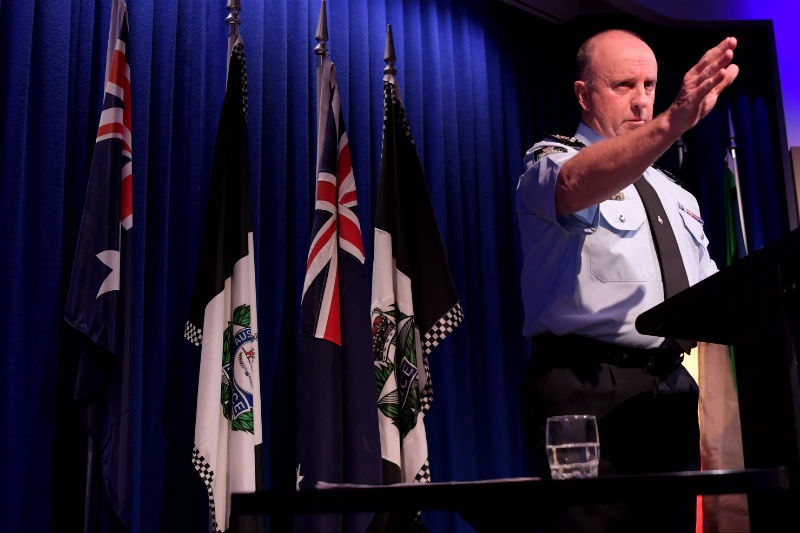
MEDIA
- Binoy Kampmark
- 07 June 2019
9 Comments
The gradual additions to Australia's national security framework, in the absence of an entrenched constitutional right protecting the press, has made the conditions ripe for such raids. As Andrew Wilkie warns, such matters begin incrementally: a law here, a raid there, then 'one day you wake up and we look like East Germany'.
READ MORE 
-
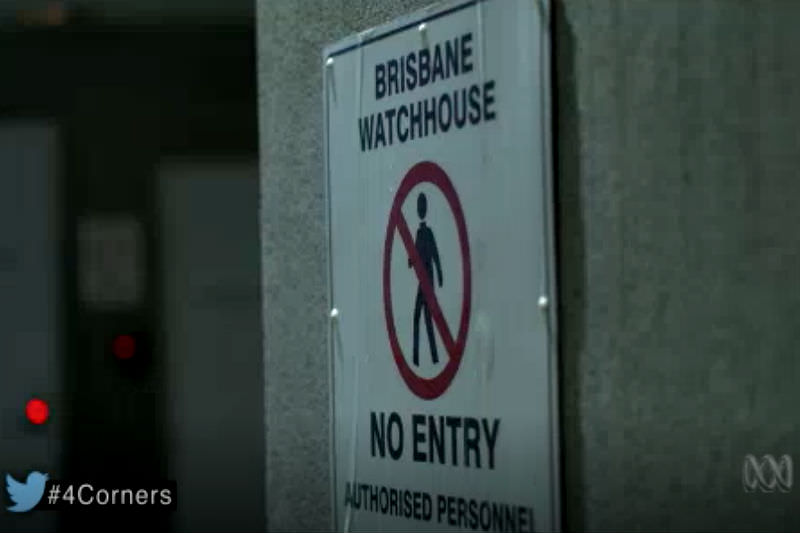
AUSTRALIA
- Julie Edwards
- 28 May 2019
6 Comments
Almost two years have passed since the youth justice royal commission prompted by the abuses at Darwin's Don Dale youth detention facility. Yet many of its recommendations remain unrealised, largely due to a lack of federal funding support. In the meantime, youth justice has remained at the crossroads in many parts of Australia.
READ MORE 